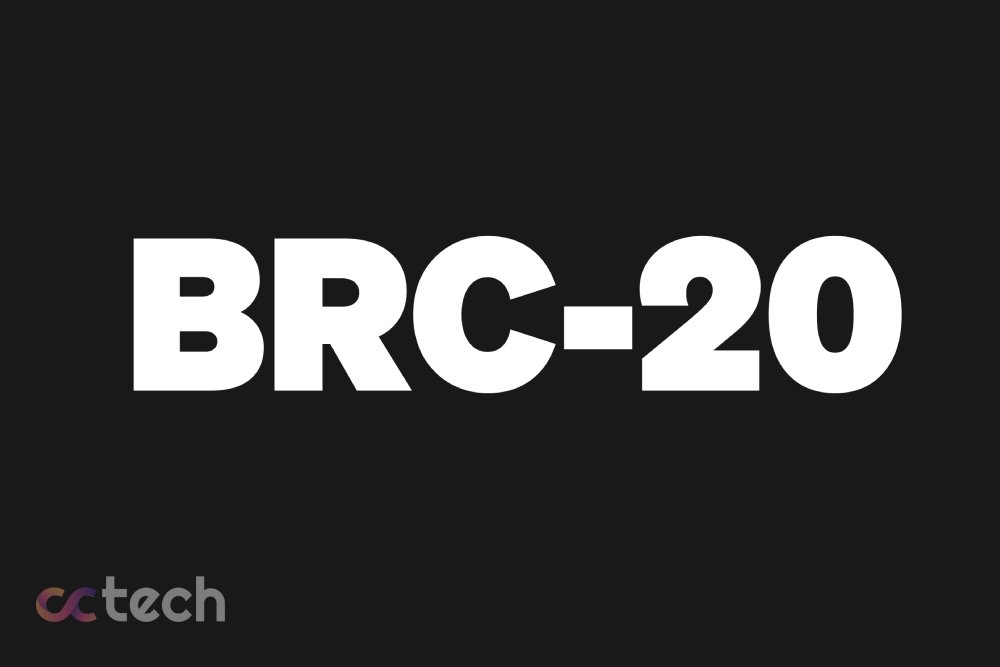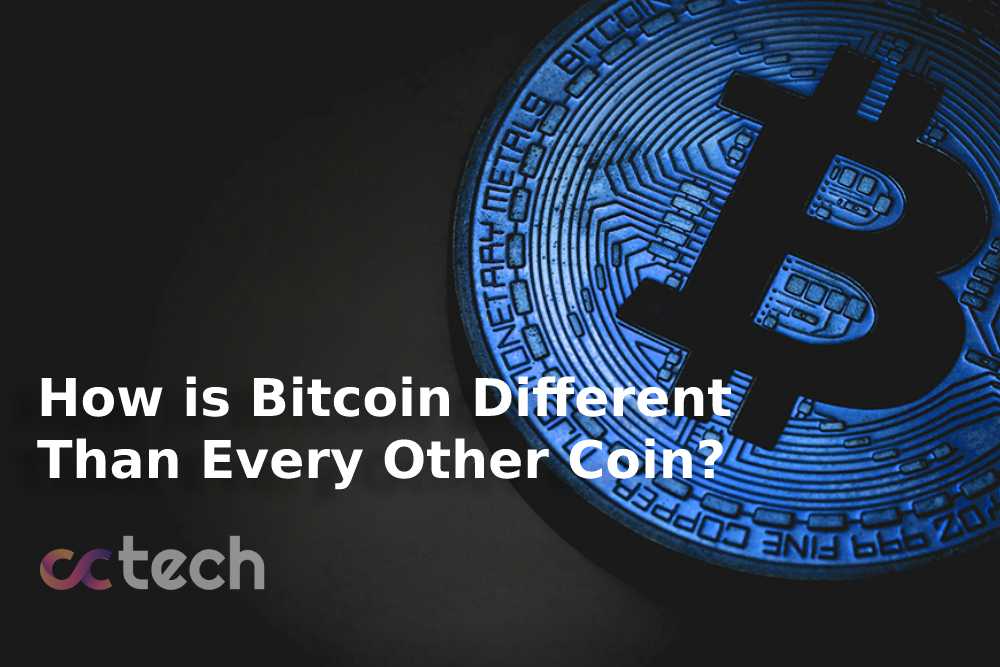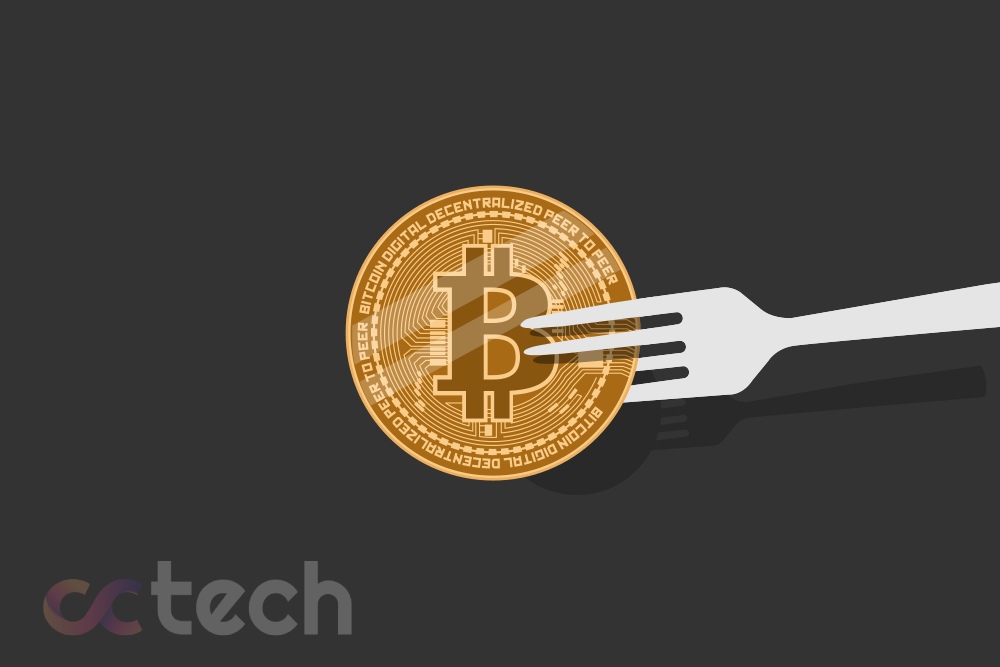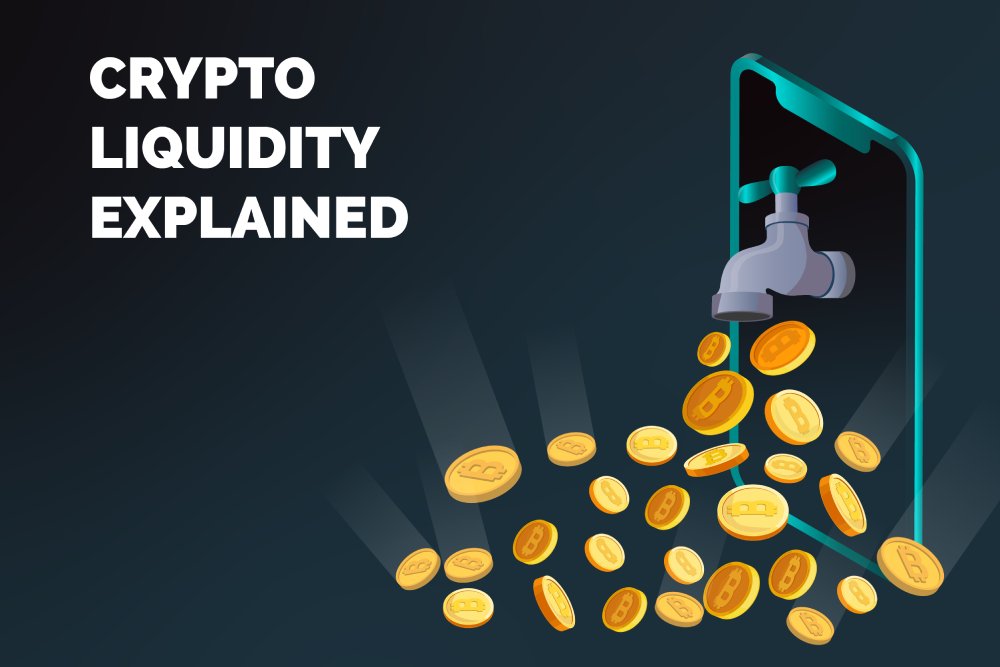
When creating a new cryptocurrency, you must decide whether it will be a coin or a token. A coin exists on its own blockchain, while a token exists on an existing blockchain. The blockchain makes cryptocurrencies secure and decentralized. Creating a token requires less experience and knowledge than creating a coin.
Creating a coin usually requires a team of developers and experts. Creating a token also requires technical knowledge, but it can be created in minutes using blockchains such as Ethereum, Binance Smart Chain, Solana, and Polygon. The choice between token and coin depends on the customization requirements and use cases for the asset. In general, the cost of creating a cryptocurrency depends on the amount of work, such as the cost of external developers and the time required.
You can create a token yourself using a template code, or you can use a paid coin creation service. Another popular way to create a token is to use sidechains, as they provide more flexibility in development while maintaining the merits of the underlying blockchain. Before you create your own cryptocurrency, you need to decide on its use cases, tokenomics, and legal status.
Next, during the development phase, you need to choose the blockchain, the consensus mechanism, and the architecture. Then you need to audit the project and conduct due diligence. Although almost anyone can create a cryptocurrency, developing a solid project requires serious work and long-term commitment.
Introduction
The idea of creating your own cryptocurrency, usage scenarios, and audience engagement is exciting for many cryptocurrency fans. Where is the best place to start? There are many ways to create coins and tokens. The costs and threshold of entry depend on the complexity of your project. If you’re thinking about creating your own cryptocurrency, our article outlines the very basics to get you started.
What is a cryptocurrency?
Cryptocurrency, also known as “crypto,” is a specific type of digital asset with several uses. First and foremost, it is a way of transferring value between people digitally, including monetary value, ownership, or even voting rights. Cryptocurrency differs from other digital payment systems in that it is based on blockchain technology. Thanks to blockchain, cryptocurrencies are more independent of central actors such as governments or banks.
The best-known example of a cryptocurrency is bitcoin. Its simplest use is to transfer monetary value around the world without intermediaries. Bitcoin’s blockchain records all transactions and ensures the security and stability of the network.
The difference between cryptocurrency coins and tokens
Cryptocurrencies can be roughly divided into two categories: coins and tokens. The difference between the two is simple. Coins have a native blockchain, like bitcoin. Ether (ETH) is run on the Ethereum blockchain. Coins typically implement some sort of utility on the network, such as transaction fees, stacking, or participation in management.
Creating a coin or creating a token
As we said before, creating a token is much easier than creating a coin. Creating a coin requires the development and successful operation of a blockchain. You can make a fork (copy) of an existing blockchain, but that will not solve the problem of finding users and validators to help your network survive. Nevertheless, the potential for success of a new coin may be higher than just a token. Let’s provide a brief overview of both options:
Creating a coin
If you develop your own blockchain, creating a new coin can take a long time. However, you can use a fork of an existing blockchain as the basis for your new coin. This is much faster. An example of a forked project is Bitcoin Cash (BCH). You still need a high level of technical knowledge and programming skills to do a fork. The success of your project will also depend on attracting new users to the blockchain network, which is quite difficult.
Token Creation
Creating a token on an existing blockchain can increase its reputation and security. Although you will not have complete control over all the characteristics of your token, you still have room for customization. There are many sites and tools online to create tokens, especially on BSC and Ethereum.
What to choose for your project – a coin or a token?
For decentralized finance (DeFi) applications and play-to-earn games, a token is usually sufficient. Both BSC and Ethereum have tremendous flexibility and freedom for developers.
If you want to expand your coin or blockchain options, it is probably better to create a coin with its own blockchain. Creating a new blockchain and coin is certainly more complicated than issuing a crypto token. But if you succeed, your project will bring a lot of innovation and new opportunities. Binance Smart Chain, Ethereum, Solana, and Polygon are good examples.
Nevertheless, in both cases, you need to work hard and understand the technology, the economy, and the market in order to succeed.
The best solutions for creating a cryptocurrency
Some of the most popular solutions for creating cryptocurrencies are BSC, Ethereum, and Solana. These networks provide ways to create multiple tokens based on existing standards. The leading BEP-20 and ERC-20 token standards are supported by almost all cryptocurrency wallet providers.
ERC-20 refers to the Ethereum blockchain and BEP-20 refers to the Binance Smart Chain (BSC). Both networks allow you to create and customize smart contracts, through which you can create your own tokens and decentralized applications (DApps). With DApps, you can create an ecosystem that realizes more usage and functionality of your token.
You can also consider sidechains that leverage the security of a larger chain like Ethereum or Polkadot, but provide some customization options. The Polygon Network is tied to Ethereum and provides the same functionality while being cheaper and faster to use.
After selecting a blockchain, you need to choose a method for creating your token. If you are using BSC or other Ethereum Virtual Machine-based blockchains, this process is relatively easy. Alternatively, you can find ready-made tools that create tokens based on the parameters and rules you provide. They are usually paid, but they are the most convenient option for users who are not familiar with smart contracts.
If you want to create your own blockchain and coin, you will likely need a team of blockchain developers and industry experts. Even if you are leaning toward a fork of blockchains such as Ethereum or Bitcoin, a huge amount of work is still required to set up your network. To keep the blockchain running, you will need to think through rewards for your network’s validators and keep nodes active.








